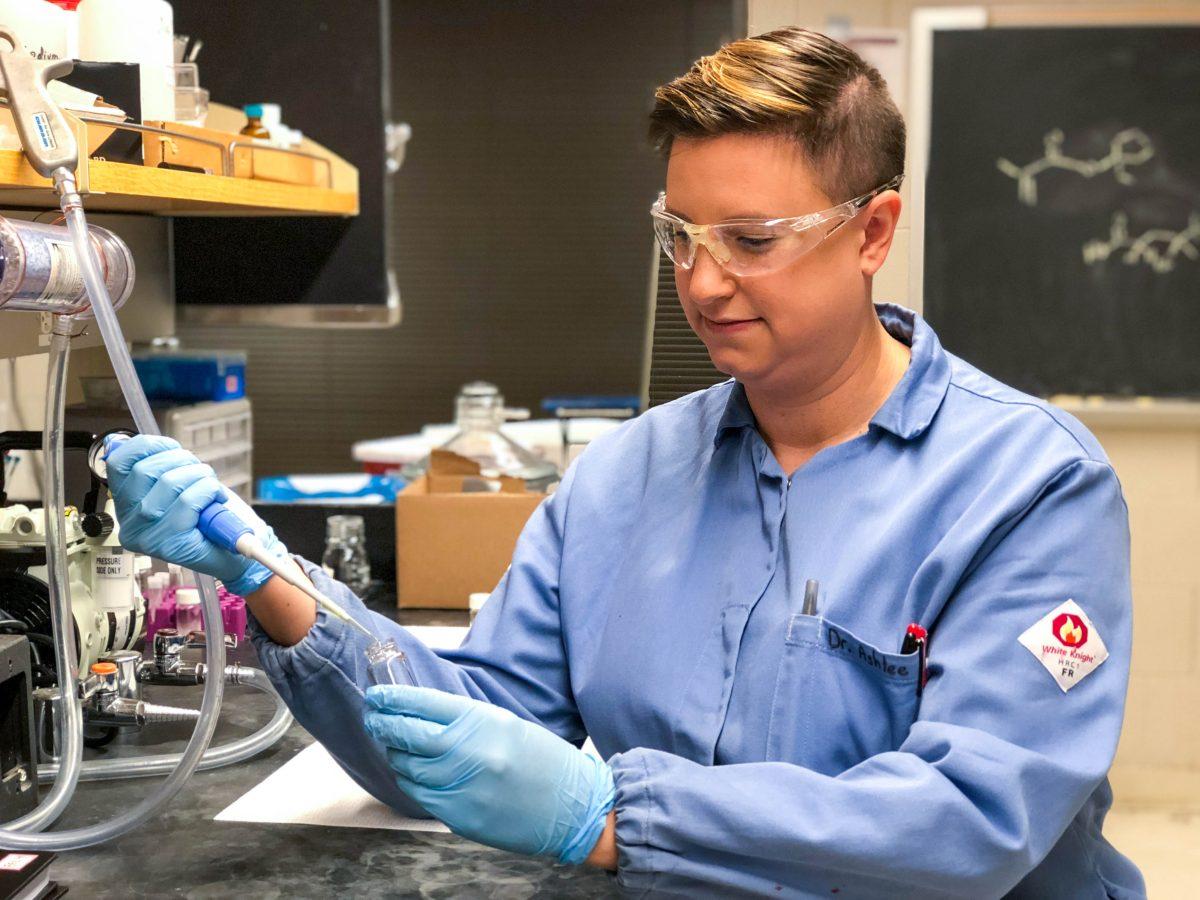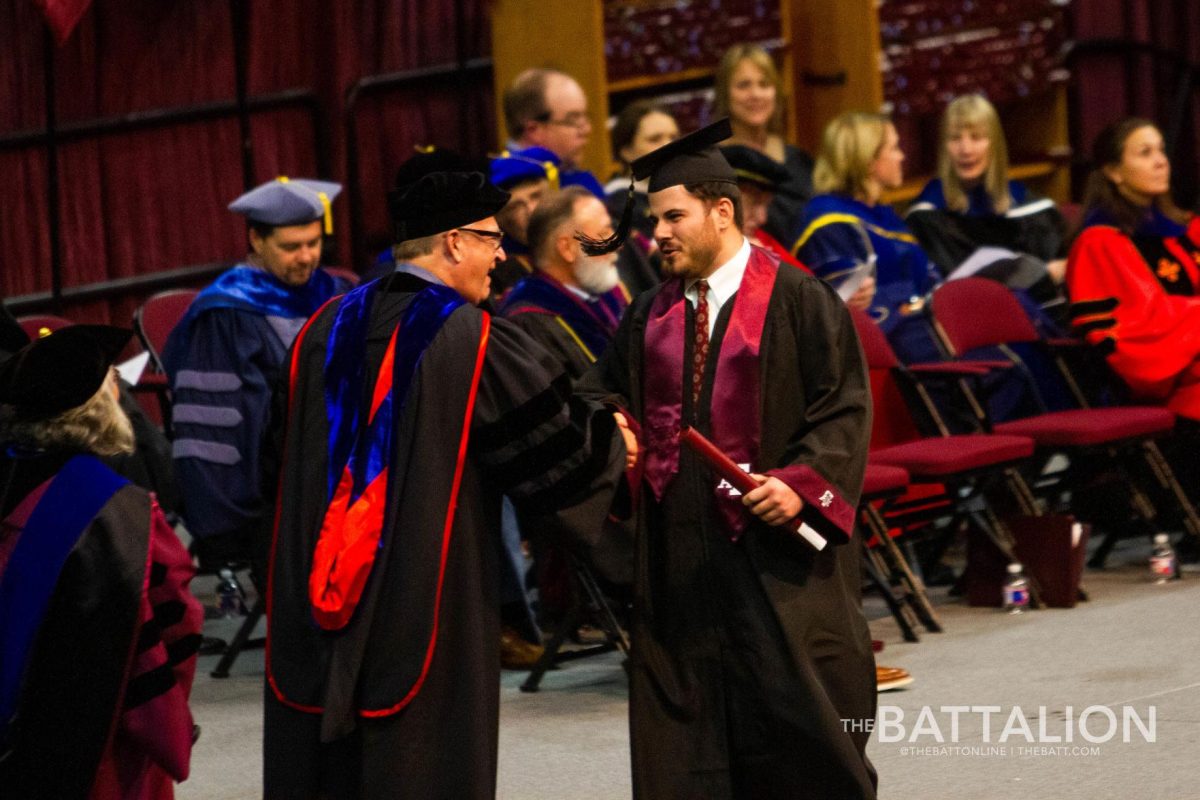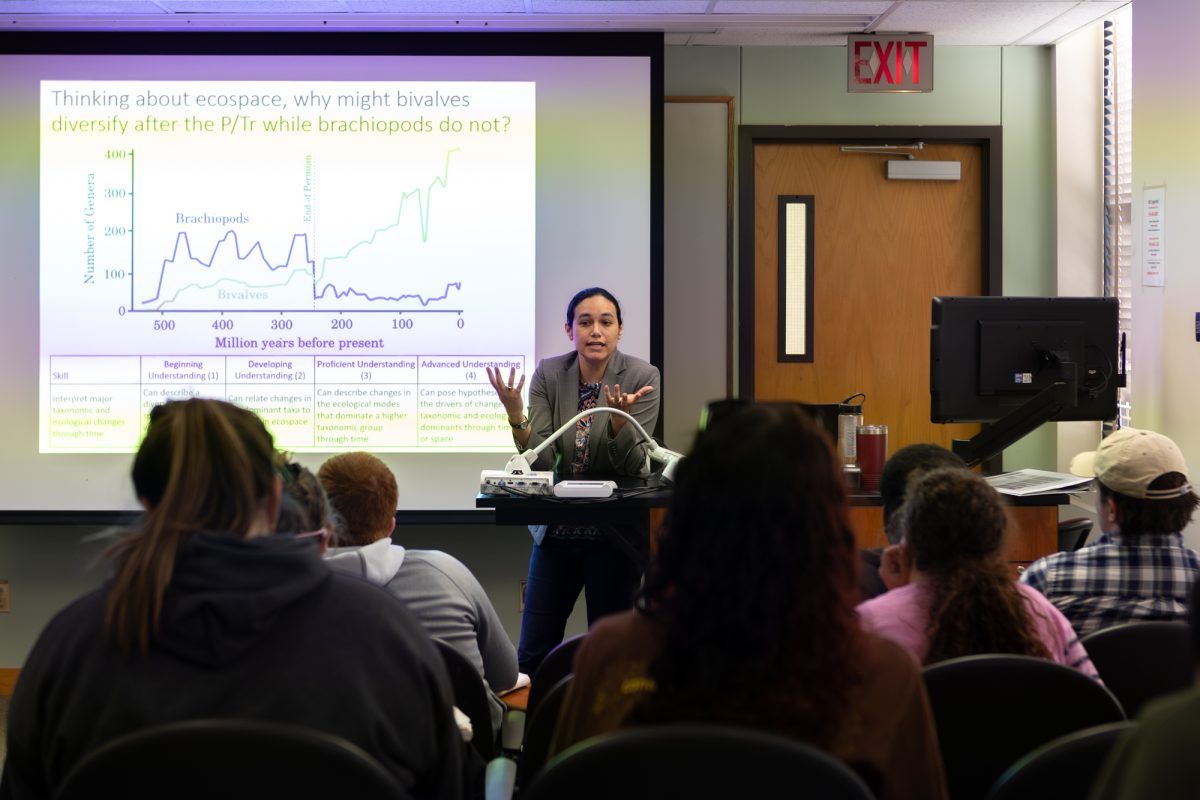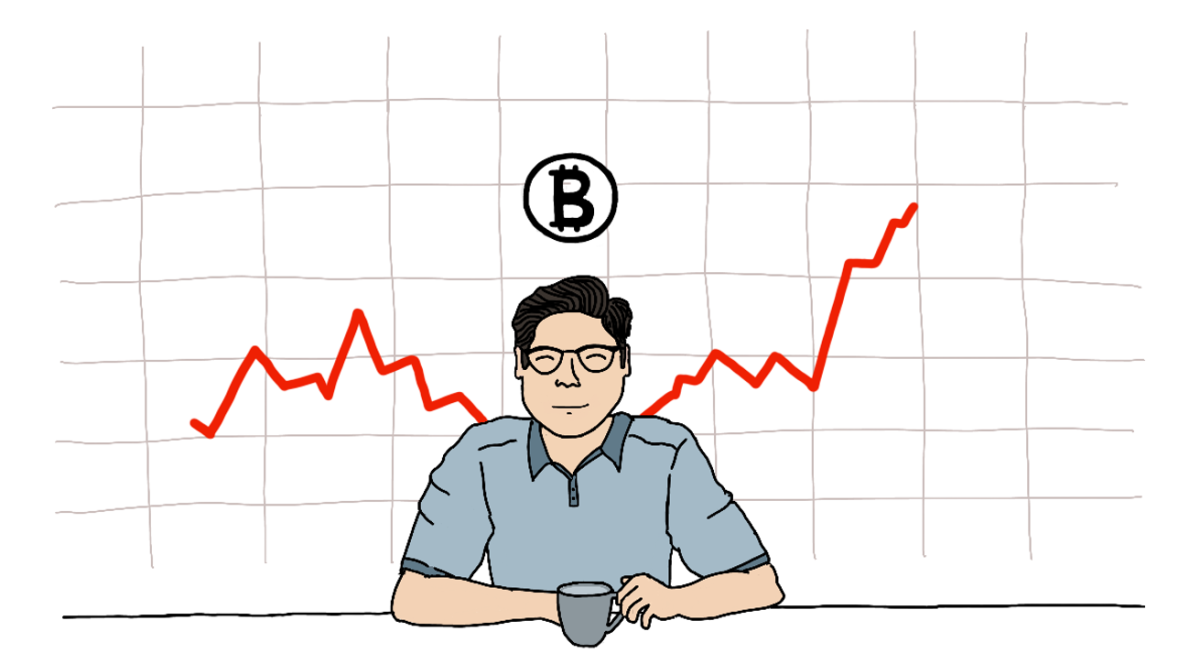Chemists at Texas A&M are currently working on a biodegradable alternative to single-use plastics. In partnership with Teysha Technologies, the research team has been working on this project for a decade now. While successfully developing an alternative would be an enormous accomplishment, many factors will decide whether or not the product will be commercially implemented.
The alternative currently being developed by A&M is not the first of its kind. Eco-friendly alternatives to petroleum-based plastics are being produced all around the world and have been for years. Yet, there are very few places that actually use a green substitute. There are a few reasons for this, but the main problem is the plastic industry.
Plastic producers make billions every year, and they are not keen to stop profiting soon, especially with oil prices dropping. Companies like ExxonMobil and Shell Company are building new plants because they can now produce more for cheaper. While many plastic industry heads have admitted that plastic pollution is a problem, they refuse to put the planet before profit. So, billion dollar corporations continue to churn out single-use plastics, as they have been for decades, allowing no room for biodegradable alternatives to enter the market.
In order for restaurants and manufacturers to implement plastic alternatives, they must first see it as the better (or only) option. The best way to urge businesses to swap out harmful packaging is to ban plastics altogether. Otherwise, companies will continue to use plastic, seeing it as cheaper and more convenient. However, whenever policymakers propose a plastic ban, the large industries quickly kill it.
A clear case of this happened in March 2019, by the American Progressive Bag Alliance, a lobbying group made up of companies such as Shell Polymers and Chevron Phillips. The group helped pass a bill that made it illegal for governments to ban single-use plastics, such as grocery bags.
In countries where bans are taking place, they are often over a prolonged period of time, and only focus on a few types of single-use plastics, like bags, straws and microbeads. While certain countries have been successful in reducing plastic use, the U.S. has yet to issue anything close to a nation-wide restriction. Therefore, it is unlikely that alternatives will replace single-use plastics in the U.S. in the near future.
Another reason that biodegradable materials have not gained popularity is because alternatives are usually more expensive than traditional plastic. Businesses and governments are also reluctant to switch because constructing infrastructure to produce and compost alternatives requires time, resources, and lots of money. However, both of these issues would become insignificant if businesses were forced to find a replacement. The only way to do that is through bans.
Some areas are starting to use compostable items, such as the food containers and utensils used on campus with the ecolabel. However, materials like these can only break down in an industrial composter and can be just as harmful in the ocean as regular plastic. Materials that can naturally degrade in the ocean, like the one the chemistry department is developing, are much harder to find in restaurants, hospitals and universities.
If the researchers are successful in developing a biodegradable alternative, it will undoubtedly be applaudable. Sadly, with the plastic industry winning the battle against plastic bans, it is unlikely these alternatives will become daily use items by merely existing. This reluctance is why it’s a good thing the researchers are working with L’Oréal. By reaching out directly to a company interested in using them, greener packaging is much more likely to result in success rather than simply putting the product out in the world.
Though there is no guaranteed success for the product, we should commend the researchers for their efforts to combat a major crisis we face today. If they can introduce the alternative to the public through companies such as L’Oréal, it is more likely for small businesses to start using it as well. If enough companies switch to biodegradable plastics, manufacturers of alternatives could win against the plastic industry giants. The future of our oceans and natural areas lies in vendors choosing the best option for our planet.
Why plastic alternatives aren’t working
January 29, 2020
Photo by Provided
Ashlee Jahnke, Class of 2008, has been a part of the biodegradable plastics research team since 2016.
Donate to The Battalion
Your donation will support the student journalists of Texas A&M University - College Station. Your contribution will allow us to purchase equipment and cover our annual website hosting costs.



























